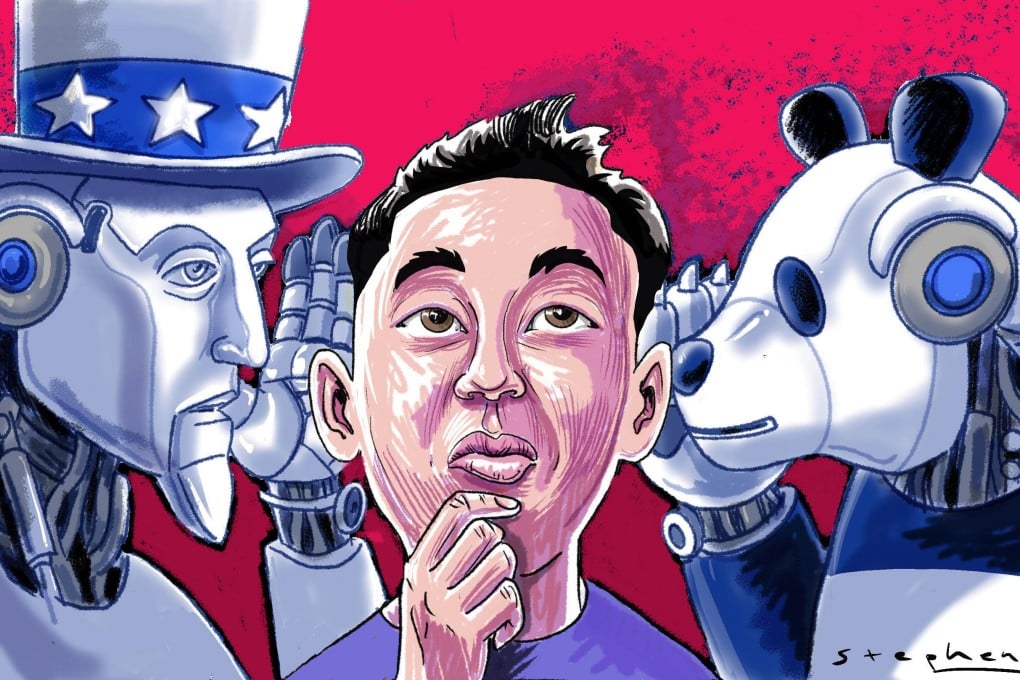Advertisement
Opinion | The AI rivalry to watch is between China and Chinese in the US
Will the next generation choose China’s speed and resources with higher guard rails, or the chaotic, open-ended US where failure is allowed?
Reading Time:3 minutes
Why you can trust SCMP

While the US and China tighten the screws on their respective artificial intelligence (AI) ecosystems, a quieter, more complex battle is playing out beneath the surface. This isn’t just about two superpowers clashing over chips and compute – it’s about two versions of what it means to be Chinese in tech, and which one ends up shaping the future.
At the heart of it is talent. The United States remains the dominant hub for top AI minds – 27 per cent of elite AI researchers work there. But here’s the twist: nearly four in 10 of them are of Chinese origin. A growing share of Chinese nationals who earn AI-related PhDs abroad work in the US, contributing to foundational research at institutions such as OpenAI, Google DeepMind and Stanford.
As AI becomes the centrepiece of national industrial strategies, this cross-border flow of talent is no longer just academic – it’s strategic.
Advertisement
Many of these researchers cut their teeth in China’s rigorous education system, then crossed the Pacific to laboratories and start-ups in the US. It’s a dynamic mirrored at the International Mathematical Olympiad: the faces on the winning team – be it China, the US or Canada – often look the same.
Chinese-origin students dominate not just the podiums but the pipeline, suggesting that in fields driven by technical depth and global competition, identity increasingly transcends borders. This cross-pollination is visible even at companies like Elon Musk’s xAI, where at least one-third of the founding team are of Chinese heritage.
Advertisement
In the US, Chinese-origin researchers are building frontier models, launching billion-dollar companies and publishing in the open. Some of the most ambitious AI start-ups – including Scale AI, Covariant, SambaNova and even Zoom – are led by individuals of Chinese heritage who have built their careers in Silicon Valley.

Advertisement
Select Voice
Select Speed
1.00x
